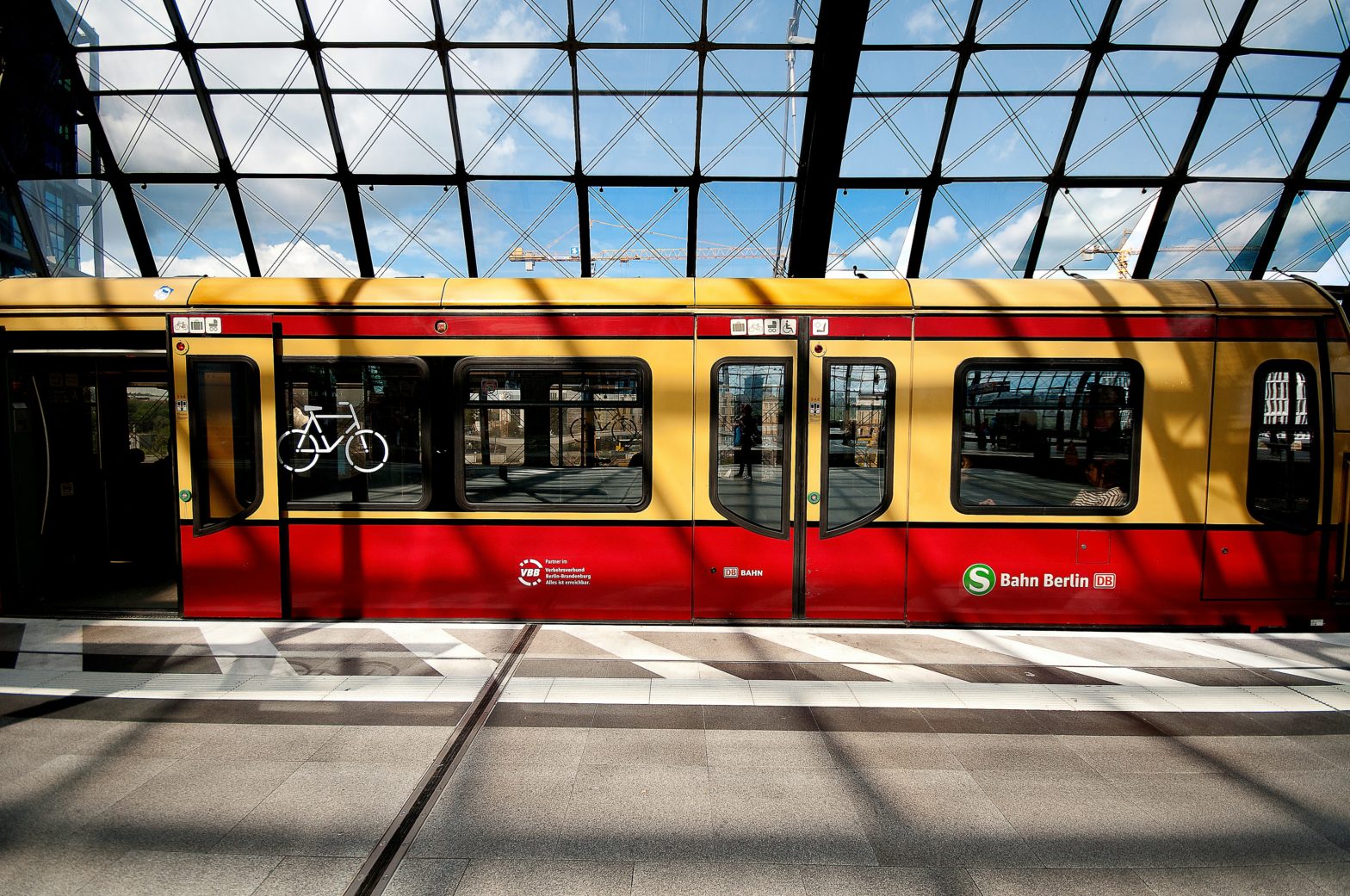
Photo: peter-paul-moschik-unsplash
Germany extends €49 transport ticket until end of 2024
29 January 2024
by Christopher Carey
Germany’s 16 regional transport ministers have agreed to keep the €49 (US$53) Deutschlandticket monthly pass – which grants access to all local and regional public transport – until the end of the year.
There had been much speculation that the subsidised fare would be increased or even scrapped, but at a meeting last week the ministers announced the programme would continue.
“Our goal must therefore be to secure the ticket permanently and sustainably financially – in the interests of commuters and the transport companies,” said Oliver Krischer, Chairman of the Conference of Transport Ministers.
“The Conference of Transport Ministers has created clarity for 2024 – even if there is public discussion about price increases from May, the introductory price of €49 will remain stable for the entire year.”
Funding
The Deutschlandticket was introduced on May 1, 2023 for nationwide travel on local and regional transport. It is available as a cancellable monthly subscription that can be booked online or at stations.
Since then up to 11 million customers have taken advantage of the new offer, according to the umbrella association of transport companies in Germany, VDV. Approximately eight percent of these people have not generally used public transport before.
The ministers’ summit decided that €1.1 billion in unspent funds for 2023 will be used to offset the financial deficit that the scheme is expected to incur in 2024.
This money will top up the €3 billion funding packet already put forward by state and federal governments.
€9 ticket
The €49 ticket is a successor to the €9 ticket which was introduced in the summer of 2022 to ease the impact of soaring inflation and get ridership back to pre-COVID levels.
While the ticket was widely popular, it also cost the German taxpayer an estimated €2.5 billion and yielded mixed results.
According to Germany’s Office for National Statistics, the first month of the scheme saw only a slight reduction in road traffic, but a huge increase in rail travel – in June 2022, average rail travel was 42 percent higher than in June 2019.
The highest jump in figures was seen at the weekends, strengthening the argument that people were using the ticket for leisure journeys they may not have otherwise taken.
According to VDV, the scheme avoided 1.8 million tons of CO2 from trips that would have been taken by car. However, the group also found that in the greater Munich area, just three percent of people left their cars at home in favour of local public transport.
It said that overall a quarter of public transport trips taken over the summer would not have been made without the ticket, calling these “additional journeys, not substitute journeys”.
Image: peter-paul-moschik-unsplash










